EU Markets Regulator Adds ESG Disclosure to its Key Priorities
ESG Today
OCTOBER 27, 2022
The regulator said that the move forms an important step in the implementation of its 2023-2028 strategy, which gives a prominent role to sustainable finance.
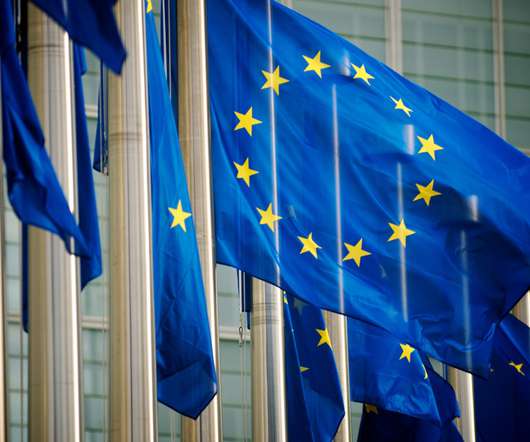
ESG Today
OCTOBER 27, 2022
The regulator said that the move forms an important step in the implementation of its 2023-2028 strategy, which gives a prominent role to sustainable finance.
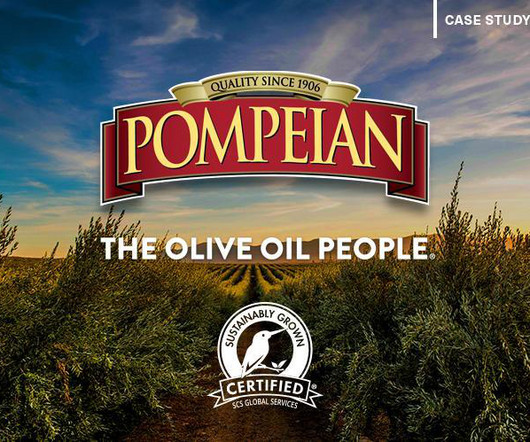
3BL Media
APRIL 15, 2024
At the same time, Pompeian set out to elevate the olive oil industry to achieve new standards of accountability, transparency, and sustainability that avoid any hint of greenwashing. The Problem Moving toward a more sustainable future for olive oil presented a broad set of challenges.
This site is protected by reCAPTCHA and the Google Privacy Policy and Terms of Service apply.
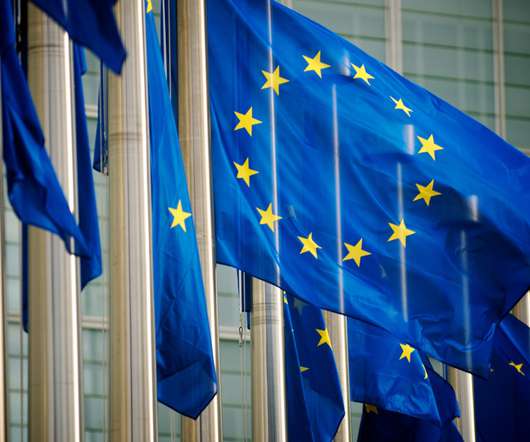
ESG Today
JUNE 22, 2022
Greenwashing is over.”. SMEs will also be required to provide sustainability disclosure beginning in 2026, while some SMEs will be able to opt out until 2028. This means more transparency for citizens, consumers and investors.
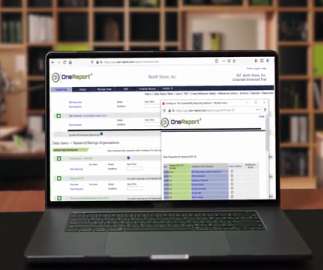
3BL Media
DECEMBER 19, 2022
This latest move, meant to end greenwashing and empower the European Union’s (EU) social market economy, requires companies to disclose environmental, social and governance matters that align with the EU’s climate goals. SMEs can opt out until 2028.

3BL Media
JULY 11, 2023
Thus, SLBs—more than most other ESG-labeled bonds—need close watching for potential greenwashing, the practice of a company misleading investors about its commitments to environmental improvement. In our analysis, this suggests a greater risk for greenwashing among SLBs. Not every challenging situation gets a pass. billion in SLBs.

We Mean Business Coalition
AUGUST 23, 2023
The EU Green Taxonomy was designed to accelerate the flow of money into green companies and projects, while simultaneously protecting investors from greenwashing accusations. The EU Green Taxonomy represents an ambitious and commendable endeavour to guide financial flows towards sustainable companies and projects and combat greenwashing.
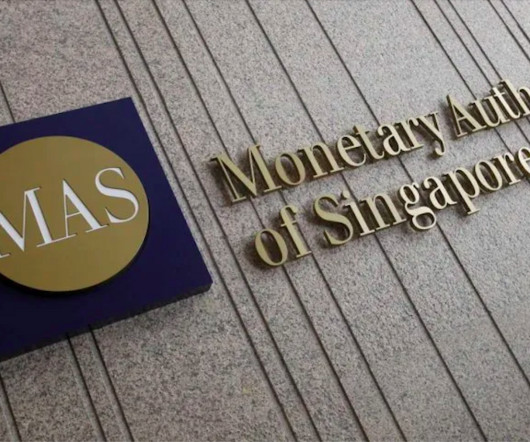
Chris Hall
APRIL 21, 2023
Clarity and reliability On data, definitions and disclosure it looks to make climate and sustainability data from companies more reliable and more comparable, to guard against greenwashing and enable market participants to better assess their exposure to ESG risks and opportunities. More details will be released shortly, MAS said.
Let's personalize your content